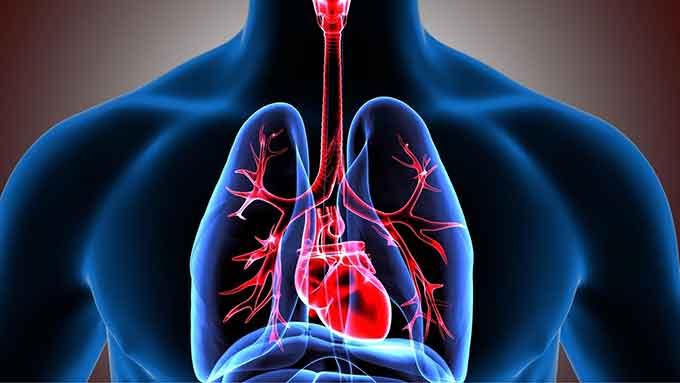The global cannabidiol market size was estimated at over $7.71 billion in 2023 and is expected to reach $9.14 billion in 2024. Industry analysts forecast this market will reach over $22 billion in 2030. The overall market is highly decentralized, fragmented and categorized by small to medium size companies with little differentiation amongst their product offerings.
Research into the efficacy of CBD has similarly followed the above trend. According to Harvard Health animal studies and self-reports or research in humans suggest CBD may help with:
Anxiety – Studies and Clinical trials are exploring the common report that CBD can reduce anxiety
Insomnia – Studies suggest that CBD may help with both falling asleep and staying asleep
Chronic Pain – Research identifies how CBD may inhibit inflammatory and neuropathic pain, which are difficult to treat.
CBD and Respiratory Health:
Other studies have indicated that CBD can become a therapeutic tool for the attenuation and treatment of inflammatory lung illnesses implying that CBD might be effective therapy for COPD and Asthma.


All of these studies show promise and require further scientific confirmation, however the question becomes how to best utilize CBD to benefit the lungs and respiratory process.
ACT™ utilizes only pure 100% organic CBD isolate either alone or in a mixture with pharmaceutical grade salt. It is a “cold process” with no by-products. Halotherapy or dry salt therapy has been utilized for decades as an anti-inflammatory and anti-bacterial method of soothing irritated bronchial passages. It is possible that when combined with isolate CBD a dual approach may be achieved as the respiratory system is calmed by the effects of the CBD through its effects on the Endocannabinoid System.
The Endocannabinoid system or ECS influences neuronal synaptic communication, and effects biological functions including eating, anxiety, learning and memory, reproduction, metabolism, growth and development- via an array of actions throughout the nervous system.
Various methods can activate this complex system including, a healthy diet containing Omega-3, less alcohol and using CBD products. Many experts believe that CBD interacts with the ECS by preventing endocannabinoids from being broken down. This allows them to have more of an effect on the body.
When the average person thinks about the respiratory system they typically focus on the lungs as the primary activator. In reality, the lungs are the machinery of breathing. While obstructions such as inflammation and bacteria may build up in the respiratory channels breathing is a fundamental rhythm of brain function.
Current methods of introducing CBD into the nose and throat are inefficient, may be harmful and either dilute or otherwise adulterate and/or contaminate the CBD. Some of these methods include:
Typically, CBD has poor bio-availability as it is fat soluble, which can make it a challenge for the body to absorb. Evidence suggests that inhalation and sublingual delivery methods that bypass the digestive process, typically absorb better than oral methods.
Arch Systems, LLC has developed and patented a method that is designed to improve Respiratory Health and Well Being.
This product is not intended to “diagnose, treat, or cure any disease”